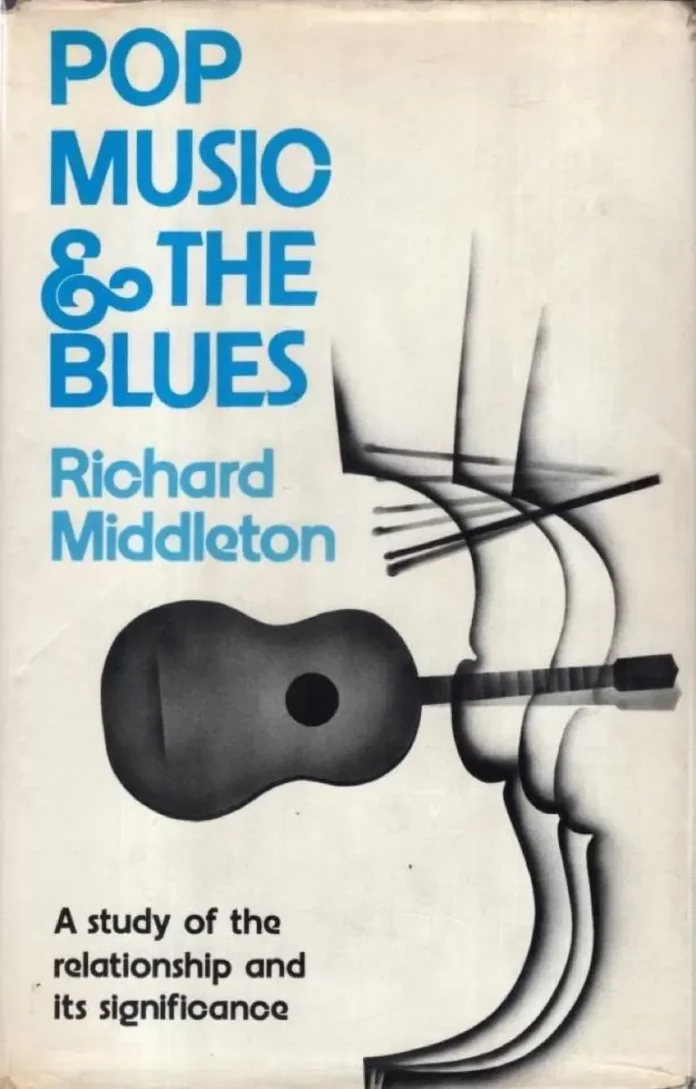Richard Middleton believes that the blues is the greatest single influence on pop, and he sees the relationship as being symptomatic of the West coming to terms with black African culture after a long period of Freudian repression. On page 144 he helps us by offering his own definition of pop: ‘roughly speaking . . . the popular music of adolescents – and post-adolescent sympathisers – from rock ‘n’ roll onwards, and is not to be confused with older, still continuing styles of popular music – though pop itself does not always avoid such confusion’; and because of this simple sentence, his book totters, at first in a dignified, almost professorial kind of way, then falls. Flat. Because at no point does Mr. Middleton explain why ‘pop … is not to be confused with older, still continuing styles of popular music’, and it would be a surprise if he did offer an explanation; there isn’t one.
Pre-fifties pop, with its emphasis on ballad-purveyors like Sinatra, with its obvious if heavily diluted European / Romantic influence, is an essential part of the fabric of pop, and it persists to this day, not only parallel to post-rock developments, but also mixed up with them, hence the ‘confusion’ which even Middleton has to admit to. His own attitude is clarified three pages further on by the most revealing quote in the book: ‘I do not think that any important pop style needs undue distortion in order to be fitted into my pattern; but space is limited, and it is up to readers to do this.’ The theory’s the thing, you see, and the facts must be mutilated and even ignored to fit it; although it’s heartening to observe that he’d like the reader to stop short at ‘undue’ distortion.
Apart from this central and crippling fault, the book is marred by several tiresome examples of over-intellectualisation, like the speculation that follows his description of Elvis’s ‘jittery and uneasy’ early style: ‘The impression given . . .’ we’re assured, ‘is that there is little time – perhaps before the bomb drops.’ I’m as aware as Middleton is that there are sociological and psychological explanations for many musical manifestations. but I sincerely believe that he slides messily into pretension on too many occasions. Readers of this magazine are likely to relish most of all his mini-psychoanalysis of the ‘schizophrenic’ Robert Johnson, and the subsequent building on the speculations as if they were proven fact.
Finally, this is an appallingly difficult book to read; Mr. Middleton is a teacher at the Open University, and much of his book reads like the kind of paper an over-zealous student might have delivered; the business of any author must surely be not only the perfectly understandable attempt to get his pet theories into print, but also communication – it’s taken me months to wade through the convoluted prose of ‘Pop Music & The Blues’, while Ross Russell’s longer, better researched, and less devious biography of Charlie Parker (which I’ll be reviewing next month) took me only a few days.
If I’ve spent a lot of time on a work in which I obviously find little merit, it hasn’t been done lightly; although Mr. Middleton expects his book to be read by a large public, he makes it clear that his main target is an audience which has neither pop nor the blues as its first interest, and there ought accordingly to exist in print somewhere a warning that although Richard Middleton writes with apparent authority on black religious music as well as pop and the blues, none of his words should be taken as gospel.
Pop Music & The Blues, by Richard Middleton (Victor Gollancz, £4, 271pp)
















